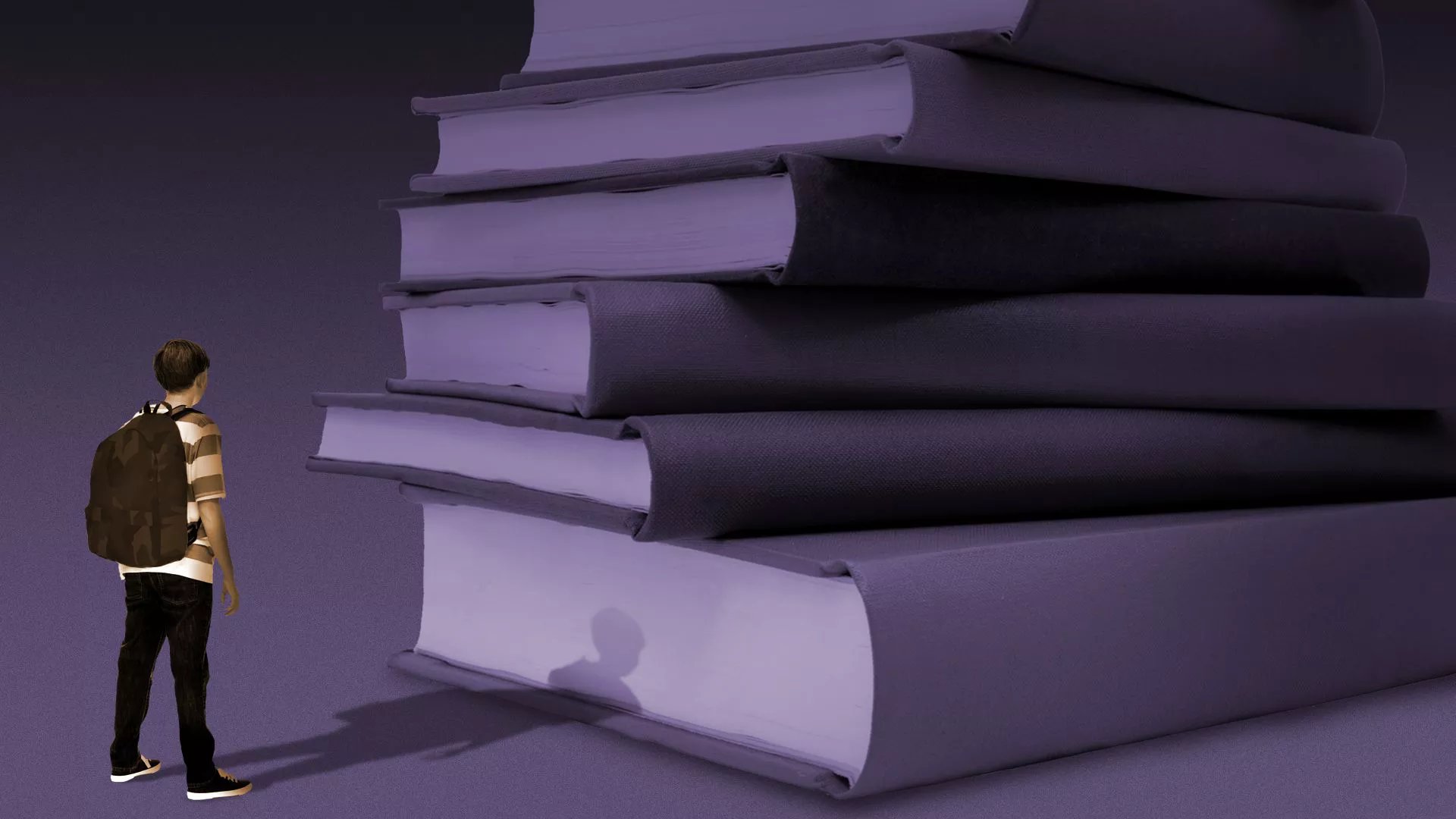 illustration: Shoshana Gordon/Axios
illustration: Shoshana Gordon/Axios
Education is important to all of us at M.O.S.T. and when we find interesting educational news, we enjoy sharing it with you: Here's the latest from Axios Nashville on new standards for third graders in Tennessee.
Third-grade public school students across Tennessee probably didn't realize when they went smiling into their classrooms on the first day of school they were actually walking into an academic pressure cooker.
- The new retention policy was passed during the legislature's special session on education early last year.
Why it matters: Third grade has long been viewed as perhaps the most important year of a student's education. It's the pivot point where a student's reading comprehension impacts their ability to learn other subjects.
- Advocates say too many of the state's third graders aren't proficient in reading at this critical juncture and that drastic action was needed.
By the numbers: The most recent Tennessee Comprehensive Assessment Program test results paint a bleak picture in Nashville and across the state for third graders' chances of being promoted to fourth grade.
- Just 35.7% of third-grade students statewide scored "met" or "exceeded" expectations — the thresholds a student must meet to be promoted — on their English assessments. For Metro Nashville Public Schools third graders, it was 27.4%.
How it works: The new state law includes carve-outs that allow children to be promoted even if they don't do well on the standardized test.
- Students can be assigned to a summer reading camp or immersive tutoring programs to still qualify for promotion to fourth grade. Some groups of students, such as English learners and students who have already been held back a grade, are not subject to retaking third grade.
- A companion policy also directs school districts to submit plans that detail their approach to literacy education, the materials they will use, how it will help students struggling to read and how it will communicate with parents.
What they're saying: "These two components of these laws work to help prepare third grade students for the fourth grade, while offering opportunities for students who are approaching or below grade level to catch up prior to entering the 4th grade," state spokesperson Brian Blackley tells Axios.
The other side: Nashville school board member Gini Pupo-Walker, who also works for the nonprofit education advocacy group the Education Trust, tells Axios that disadvantaged students without the family resources to seek extra help will likely be disproportionately penalized by the new third-grade policy.
Zoom in: She worries school districts already facing staffing shortages will inherit an unfunded mandate to hire tutors and reading camp counselors.
- Federal stimulus funds will help pay for the reading camps in the coming years, but Pupo-Walker wonders where the money will come from once that dries up.
Between the lines: The first batch of students facing the new policy were kindergartners when the pandemic hit. These 8- and 9-year-olds have already had academic careers defined by canceled classes, virtual school, masking and social distancing guidelines.
The bottom line: Pupo-Walker's biggest concern is the high stakes of the test.
- "Imagine if you are a kid who has serious testing anxiety," Pupo-Walker says. "Or if you're a kid who was having a really bad day, or who didn't feel good that day, and that one day determines if you move on a whole grade."
- Pupo-Walker worries about teachers, too. "I cannot even tell you how hard it will be to be a third-grade teacher," she says. "If your kids aren't proficient or mastered, they don't move on. That pressure in this climate is unbelievable."

